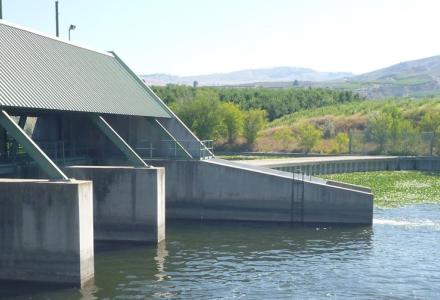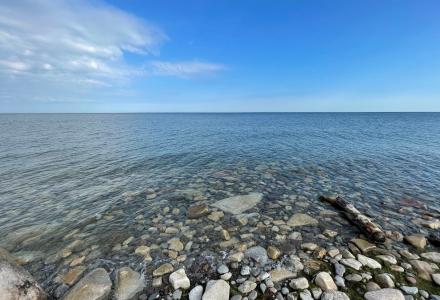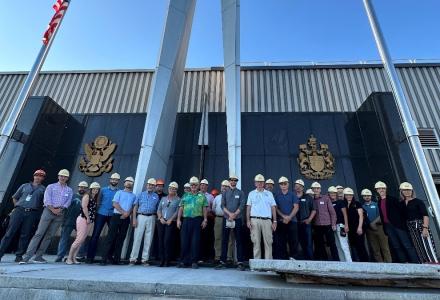
The IJC’s International Lake Champlain-Richelieu River Study Board has released its draft work plan to recommend flood mitigation measures as well as approaches for flood forecasting and preparedness. The board is hosting public meetings from July 11-13 in Vermont, Québec and New York and accepting public feedback until July 28.
In the spring of 2011, the Lake Champlain-Richelieu River watershed experienced devastating floods. Water levels were above flood stage from April 13-June 19, leaving many homes in Québec, Vermont and New York inundated for more than 60 days.
Nearly 4,000 homes were affected, resulting in around $90 million in damages. While most economic damages occurred in Québec, many riparian areas and businesses in New York and Vermont were impacted. Policymakers, scientists and engineers responded to minimize the damage and suffering caused by the flood. However, Lake Champlain shoreline residents continue to advocate for more long-term solutions to flooding, through research on mitigation structures, flood warning systems, and emergency response measures.

In March 2012, the governments of Canada and the United States asked the IJC to prepare a plan of study to evaluate the 2011 flood and analyze potential solutions. A plan of study was submitted in 2013 and proposes to address the causes and impacts of past floods, as well as the benefits and costs of structural and non-structural mitigation measures. Structural measures include seawalls and breakwaters. Non-structural measures include policies, management practices and flood warning systems.
In response to the 2013 plan of study, the IJC was given a joint reference from the governments in 2014 to undertake initial tasks, with a subsequent reference issued in 2016 to complete more extensive studies. In 2016, the IJC established the International Lake Champlain-Richelieu River Study Board to provide the expertise needed to orient and direct the study.
On May 31, 2017, the board submitted its draft work plan to the IJC. The plan addresses seven objectives proposed by Option B of the plan of study (2013), including a comprehensive analysis of the causes and impacts of past floods such as the 2011 flood. Other objectives include an evaluation of potential adaptation strategies, flood forecasting and mapping systems, and an assessment of potential flood management and mitigation measures. Additionally, the work plan calls for a unique study of the political, social and economic factors that may influence the public desirability of particular flood mitigation measures.
The public meetings, on July 11 in Vermont, July 12 in Quebec and July 13 in New York, are being held to present the proposed work plan to the public and to solicit their feedback.
Comments also are being accepted online until midnight Friday, July 28. Comments will be used to revise the work plan before it’s finalized and submitted to the IJC.
For more information and to provide feedback, visit ParticipateIJC.org/Champlain-Richelieu.


Public affairs intern at the IJC’s US Section office in Washington, D.C.



